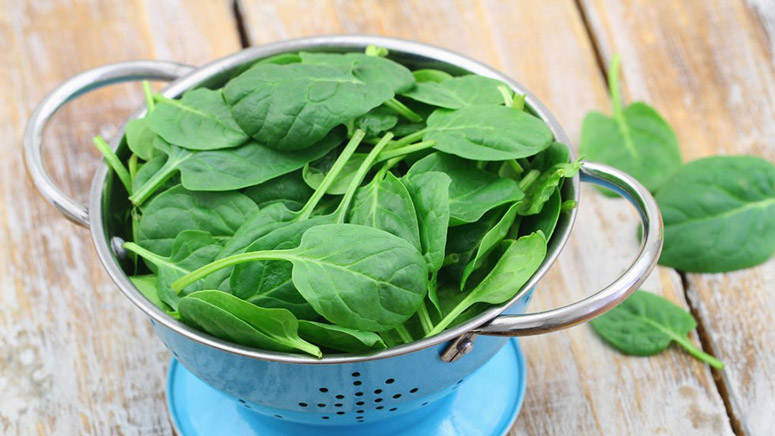In the area of wound healing and total bone health, Vitamin K plays an essential role. It is a fat-soluble vitamin that also helps in regulating calcium levels in the blood. The human body requires vitamin K to assist in prothrombin production, which is a protein responsible for blood clotting and bone metabolism.
Vitamin K deficiency is rare, but the consumption of inappropriate quantities can affect the body’s overall health and increase the risk of developing heart disease. For this reason, it’s crucial to consume the daily requirements of vitamin K. Please note that it’s essential for people that take additional medications for blood thinning to speak to a licensed health provider before consuming extra vitamin K.
Here are 10 of the most typical food sources of vitamin K:
Spinach

This leafy green vegetable is high in nutrients and antioxidants. It contains vitamins A, B, and E, including magnesium. Eating spinach helps make hair, skin, and bones healthy. Besides, it is also very beneficial for digestion, improving glucose control, and reducing heart disease risk. Spinach helps eye health because it is rich in lutein and zeaxanthin, which is contained in the human eye.
There are different ways to cook spinach in the home. It is advised to cook it in any form that is most beneficial to meet daily needs. In 3.5 ounces of raw spinach, individuals can get 23 calories, 91% water, 3.6 grams of carbs, 0.4 grams of sugar, 0.4 grams of fat, 2.2 grams of fiber, and 2.9 grams of protein.













